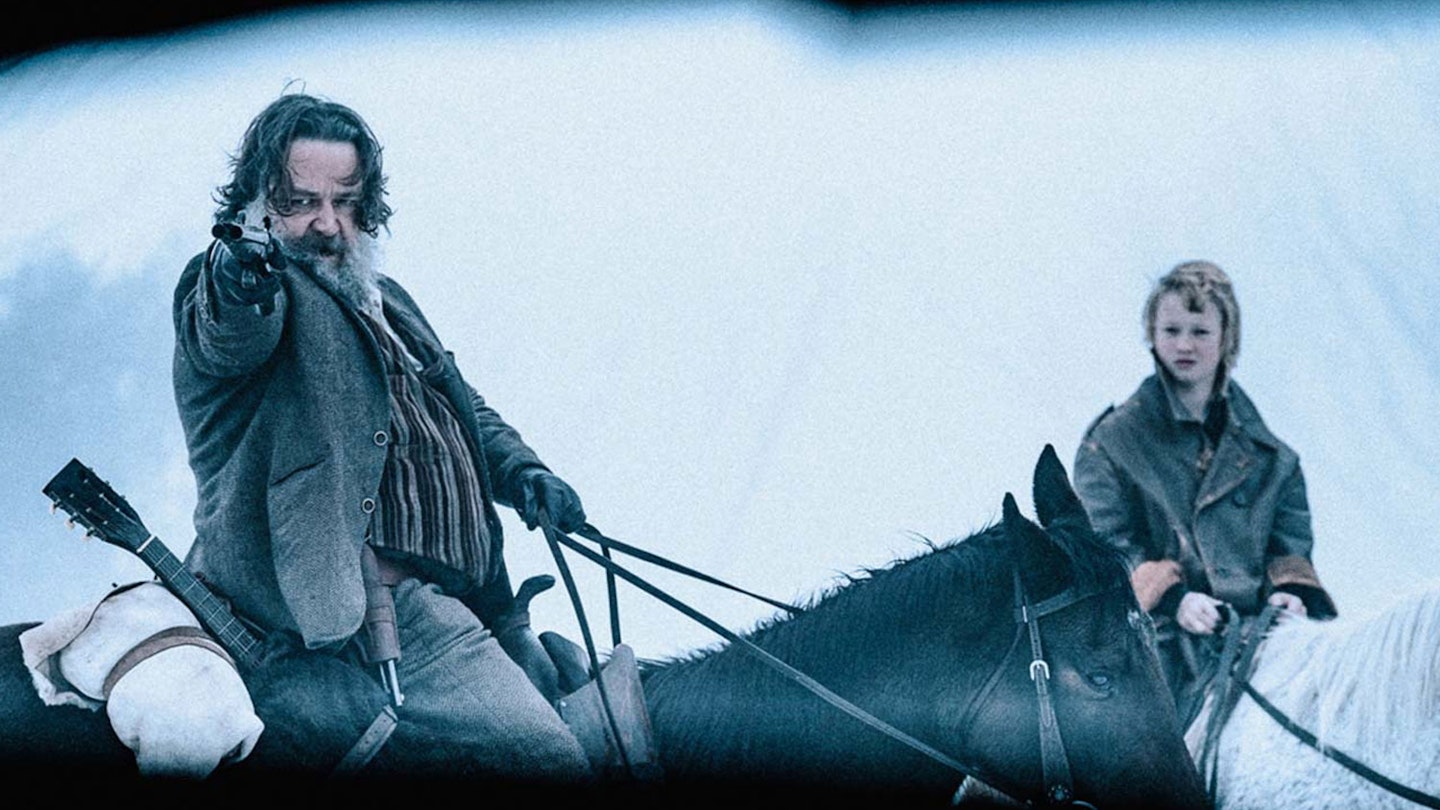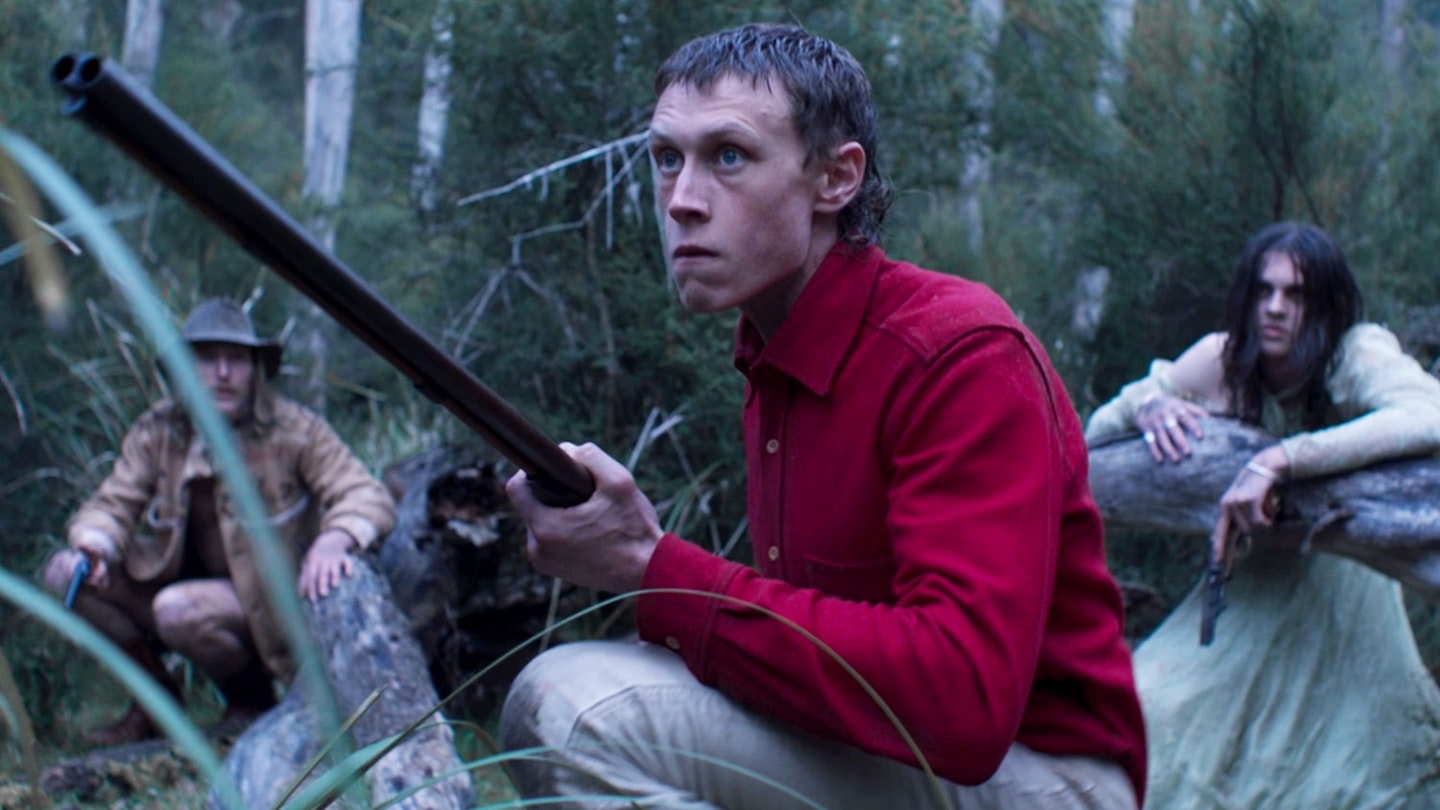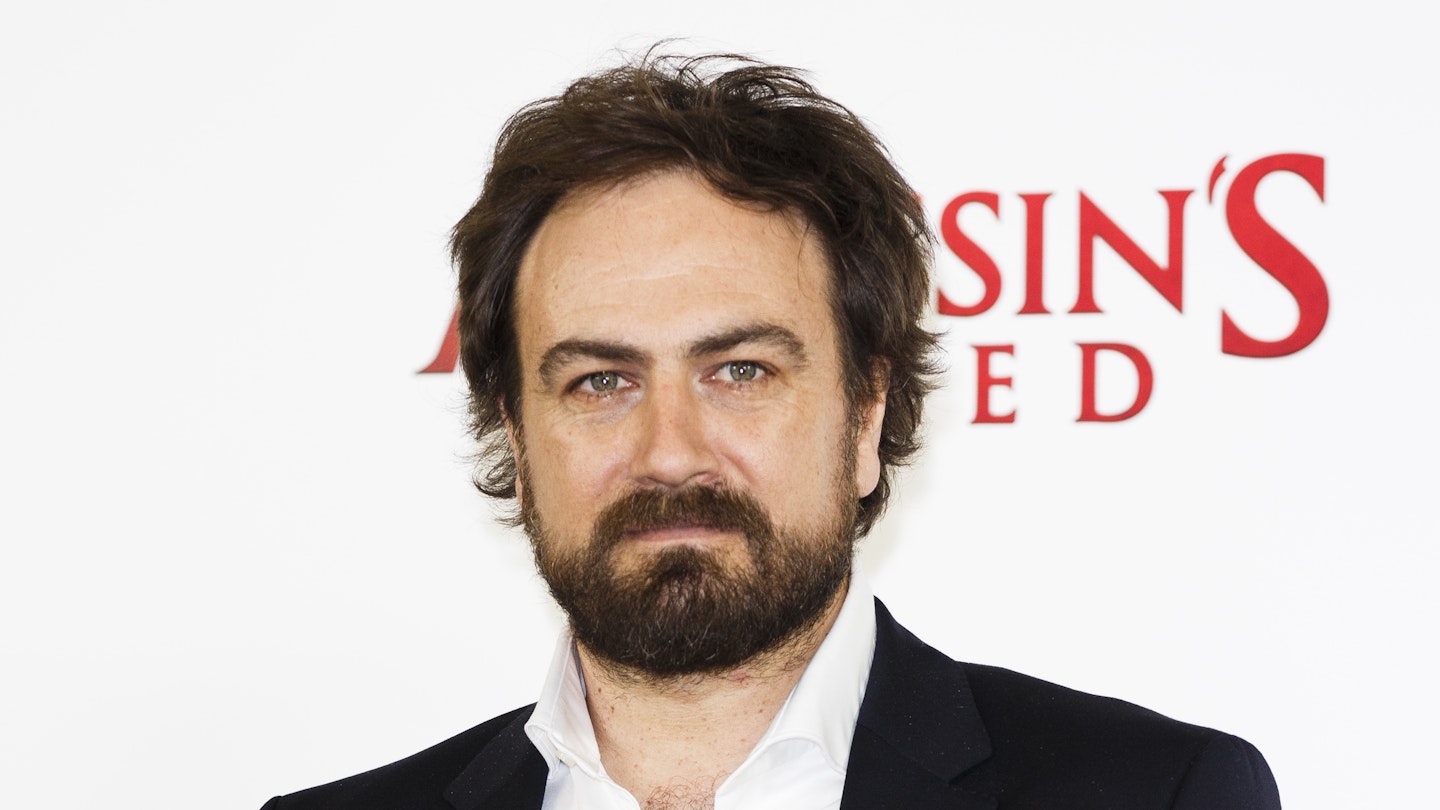Jesus and the devil count among cinema’s most filmed characters, but Ned Kelly was its first proper, big screen (anti)hero. Fittingly, he sits somewhere between both figures, living in Australia’s memory as either a folk messiah or brutal murderer. The Story Of The Kelly Gang is considered the first ever feature-length motion picture. Made in Melbourne in 1906 (only 26 years after Kelly’s death), about 20 minutes of its hour-long running time survive today, the film flickering and tortured, its violent climax suitably warped and obscured, as Kelly himself has been.
This latest version — based on Peter Carey’s Booker Prize-winning novel — immediately wrong-foots the audience with a caption announcing: “Nothing you are about to see is true.” Yet in its harsh depiction of outback life, violence and vulnerability, everything about this anarchic and uncomfortable picture feels true. There’s a slightly ragged and uneven quality to the story, broken into chunks of life (and death) rather than a neat three acts, which lends an unpredictability to it, even if you’re familiar with Kelly’s journey from poverty-stricken sprog to revered and reviled outlaw. “My dear child, I know what it is to be raised on lies and silences,” writes Kelly to his offspring in the opening, a character aware of how history will distort him, although one of the most interesting aspects of his depiction here is how little he knows himself — not convinced of his own righteousness, plans or sexuality. And others know it. “You’re not the man you pretend to be,” says the charismatic constable who befriends and then battles him (Nicholas Hoult, in a lascivious and swaggering performance of Rickman-in-Prince-Of-Thieves-esque villainy). Ned’s fellow bushranger and best friend (maybe lover) Joe Byrne (Sean Keenan) boils it down thus: “You’re just a man on his way to be hung. We all are.”

Young Ned — a mesmerising Orlando Schwerdt — is raised by a relentlessly strong mother (Essie Davis, with moments of terrifying fury) and surrounded by various male disappointments, from his weak father to the bullying police and, eventually, roguish outlaw Harry Power, portrayed with a mix of deceptive geniality and self-hating machismo by Russell Crowe. When Ned is full grown, all sinewy grace and confused anger, George MacKay — with his torso like a wall of skinned rabbits — plays him as a reluctant leader, a man who can’t escape fate. He will fight because he feels he must, but he knows the blood he sheds will eventually drown him.
This is a film that gets under your nails — red in tooth and claw.
After the somewhat soulless spectacle of Assassin’s Creed — a video-game adaptation where the impressive fights on screen felt like they also happened over the script — director Justin Kurzel returns to his homeland and reunites with Shaun Grant, screenwriter of his debut feature, Snowtown. And while there’s nothing quite as vicious here as in that unsparing serial killer story, they share — along with Kurzel’s version of Macbeth — a clear-eyed awareness of the consequences of violence, as well as the tangled relationships of men unable to understand their feelings, whether they be of fear, lust or love. Jed Kurzel provides a spare soundtrack of strings and banshee wails, overlaying some quite unforgettable cinematography from Ari Wegner, who follows her work on Lady Macbeth with more images of terrible beauty: Ned’s home glowing in the vast darkness, like an outback nativity; Ned sitting stark in the daylight amid skeletal trees; MacKay’s eyes, through the slit of Ned’s famous metal helmet, deflecting bullets but not fear.
This is a film that gets under your nails — red in tooth and claw. Images linger for weeks in the memory and, for however much the film deals with myth and history, it feels incredibly immediate. The punkish stylings of Kelly’s gang — which could have felt archly anachronistic — are just right, providing a sense of a culture on the edge, a frontier between the wild colony of Australia and the country it was becoming. In that sense True History shares an unlikely connection with one of the greatest American Westerns about change and so-called civilisation, Butch Cassidy And The Sundance Kid. Though there’s no freeze-frame romanticism here, just the immutable truth of what happened after Kelly’s gang were tracked down. The aftermath of outlawry. A brutal, cold reality. Such is life.


